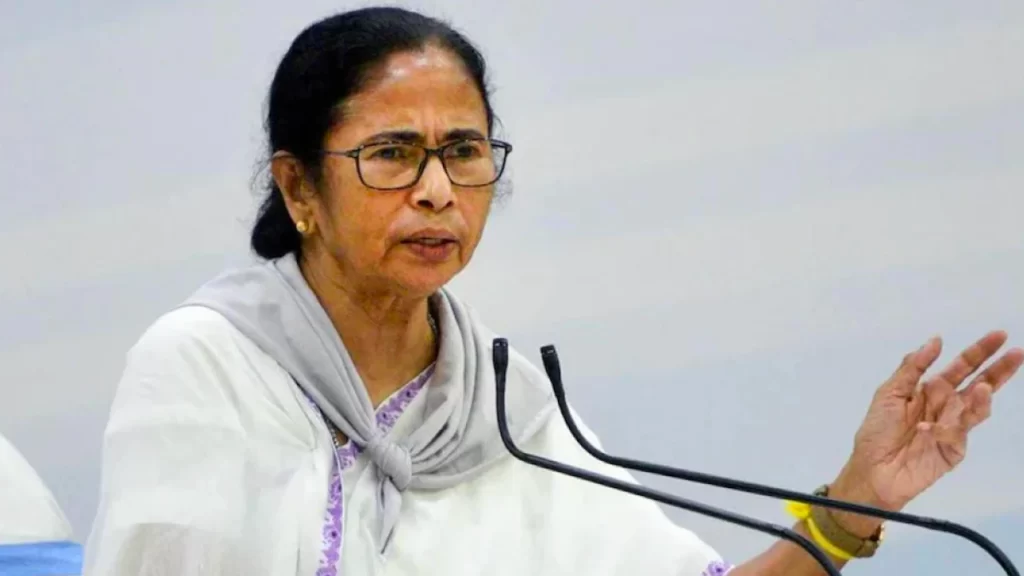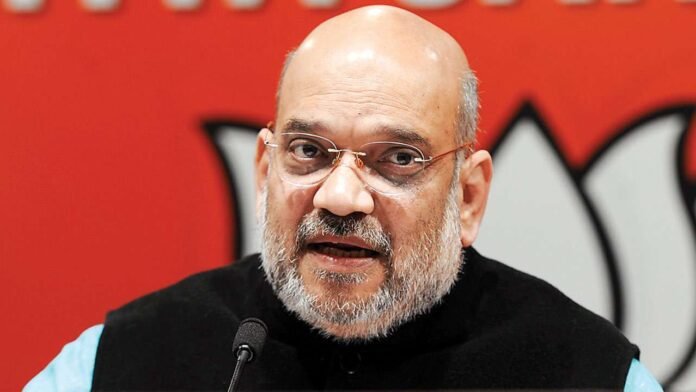The abrupt cancellation of Home Minister Amit Shah’s two-day visit to West Bengal has sparked a flurry of speculations and raised questions about the political landscape in the state. Scheduled to visit on a two-day tour to West Bengal, Shah’s sudden change in plans has left many wondering about the underlying reasons and potential implications of this development.
Amit Shah, a key figure in the Bharatiya Janata Party (BJP) and a prominent leader on the national stage, was expected to embark on a significant visit to West Bengal, a state that has been a focal point of political contention in recent years. The cancellation of his visit, which was slated to include interactions with party workers and leaders, as well as strategic meetings to discuss the party’s electoral strategy, has raised eyebrows and fueled speculation about the BJP’s intentions in the state.
One of the primary factors contributing to the speculation surrounding Shah’s canceled visit is the political volatility of West Bengal, which has emerged as a battleground state in Indian politics. The state has witnessed intense political competition between the ruling Trinamool Congress (TMC) and the BJP, with both parties vying for supremacy and seeking to consolidate their support bases ahead of the upcoming assembly elections.
The cancellation of Shah’s visit has led to conjecture about the BJP’s strategy in West Bengal and the potential challenges and obstacles it may be facing in the state. Some political analysts have interpreted the move as a sign of the BJP’s acknowledgment of the formidable opposition it faces in West Bengal, particularly in light of the TMC’s strong grassroots presence and Mamata Banerjee’s popularity among certain segments of the electorate.

Furthermore, Shah’s canceled visit has reignited discussions about the broader political dynamics at play in West Bengal and the implications for the BJP’s electoral prospects in the state. With the assembly elections looming on the horizon, the BJP is keen to make significant inroads in West Bengal and challenge the dominance of the TMC. However, the cancellation of Shah’s visit has raised questions about the party’s ability to effectively mobilize its cadre and consolidate support ahead of the polls.
Another factor contributing to the speculation surrounding Shah’s canceled visit is the prevailing socio-political environment in West Bengal, which has been marked by incidents of political violence and clashes between rival factions. The cancellation of Shah’s visit has prompted concerns about the security situation in the state and the potential risks associated with high-profile political engagements in such a charged atmosphere.
In addition to the political implications, Shah’s canceled visit has also raised questions about the BJP’s broader strategy for West Bengal and its approach to navigating the complex political landscape of the state. With the assembly elections fast approaching, the BJP faces the formidable task of mobilizing support, countering the TMC’s influence, and rallying voters behind its agenda. The cancellation of Shah’s visit has underscored the challenges and uncertainties that lie ahead for the party in West Bengal.

Moreover, the abrupt cancellation of Home Minister Amit Shah’s two-day visit to West Bengal has sparked intense speculation and raised questions about the BJP’s strategy in the state. Against the backdrop of heightened political competition and simmering tensions, Shah’s canceled visit has cast a spotlight on the challenges and complexities of navigating the political landscape of West Bengal. As the state gears up for the upcoming assembly elections, the BJP faces the formidable task of overcoming obstacles, mobilizing support, and positioning itself as a credible alternative to the ruling TMC. The implications of Shah’s canceled visit are likely to reverberate in the days and weeks to come, shaping the political dynamics and electoral outcomes in West Bengal.

